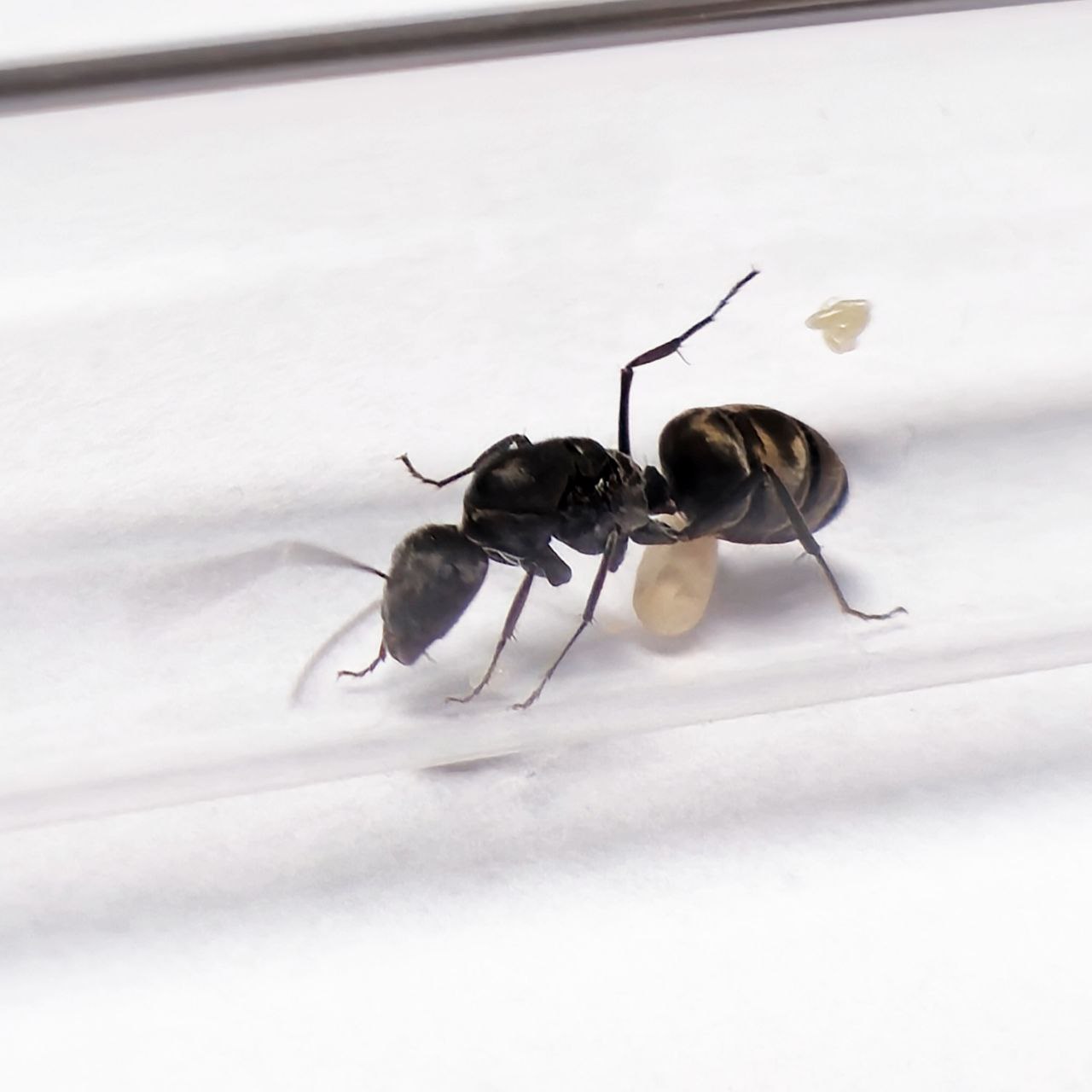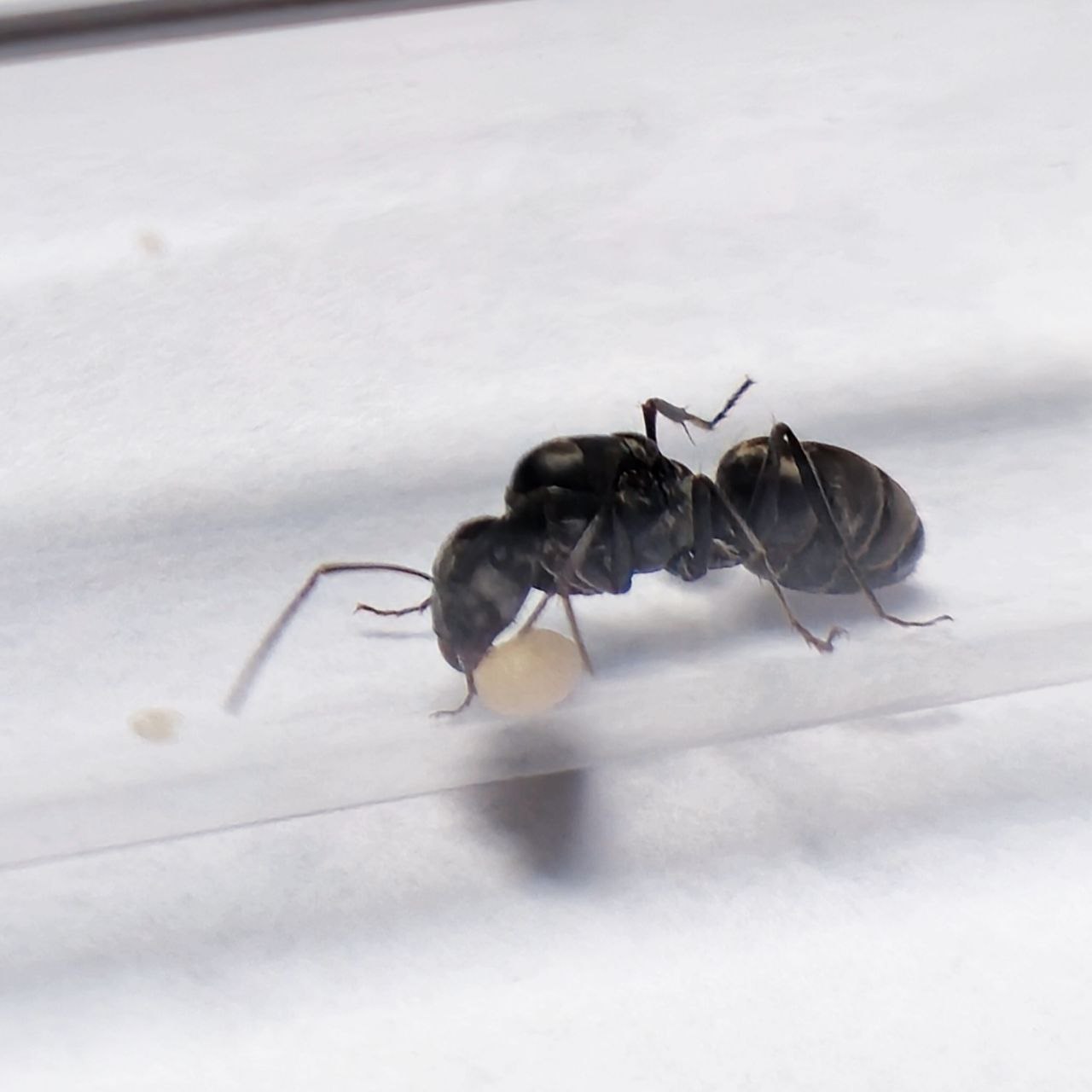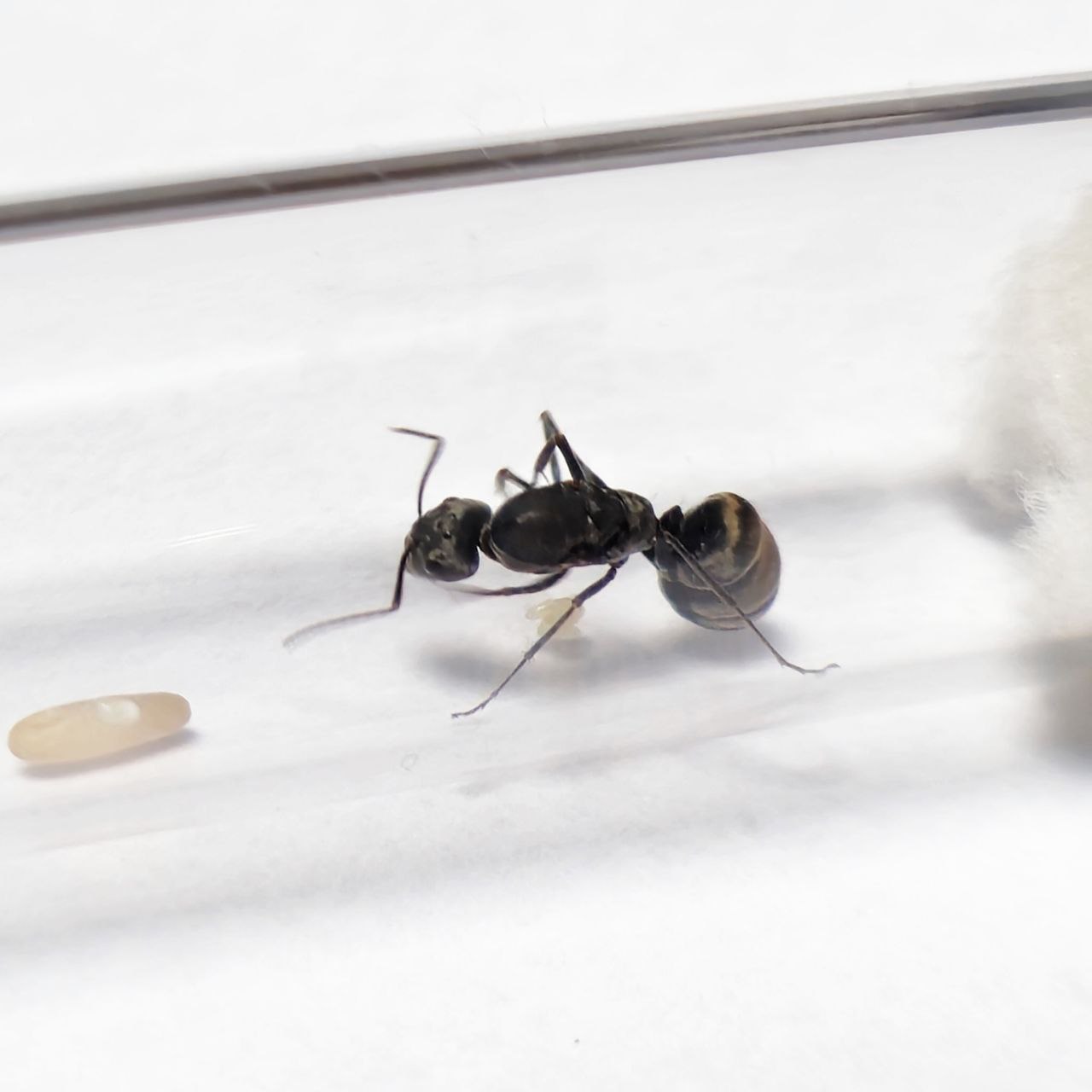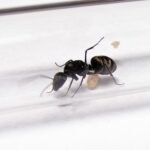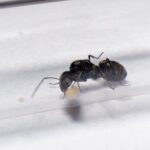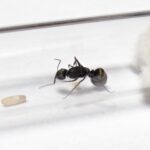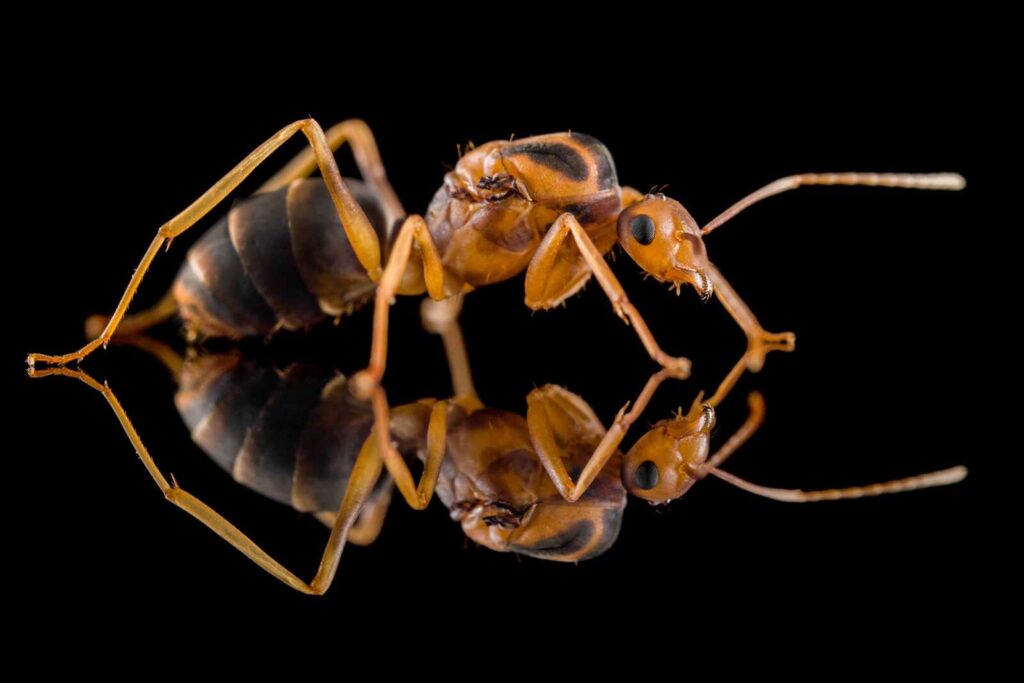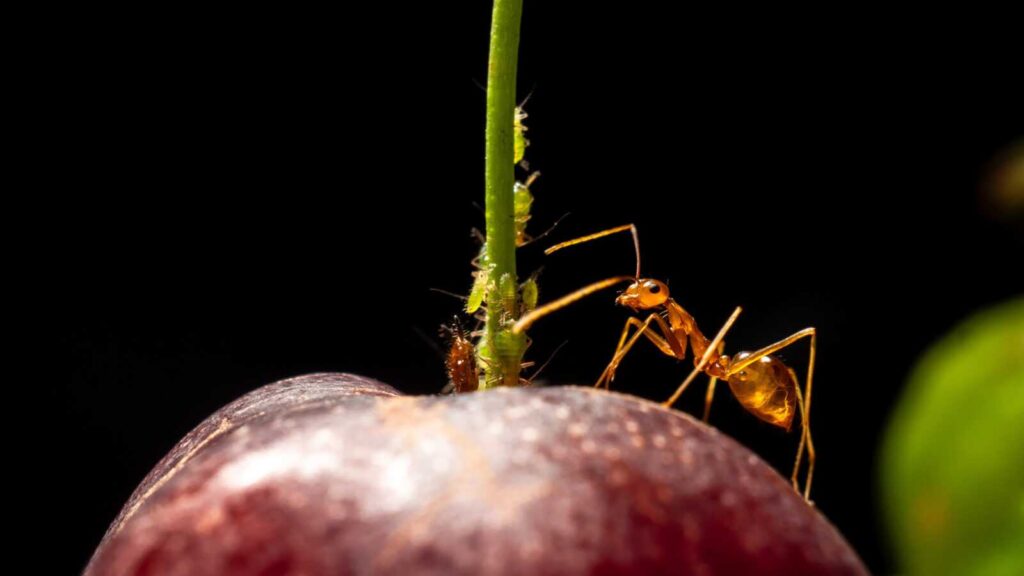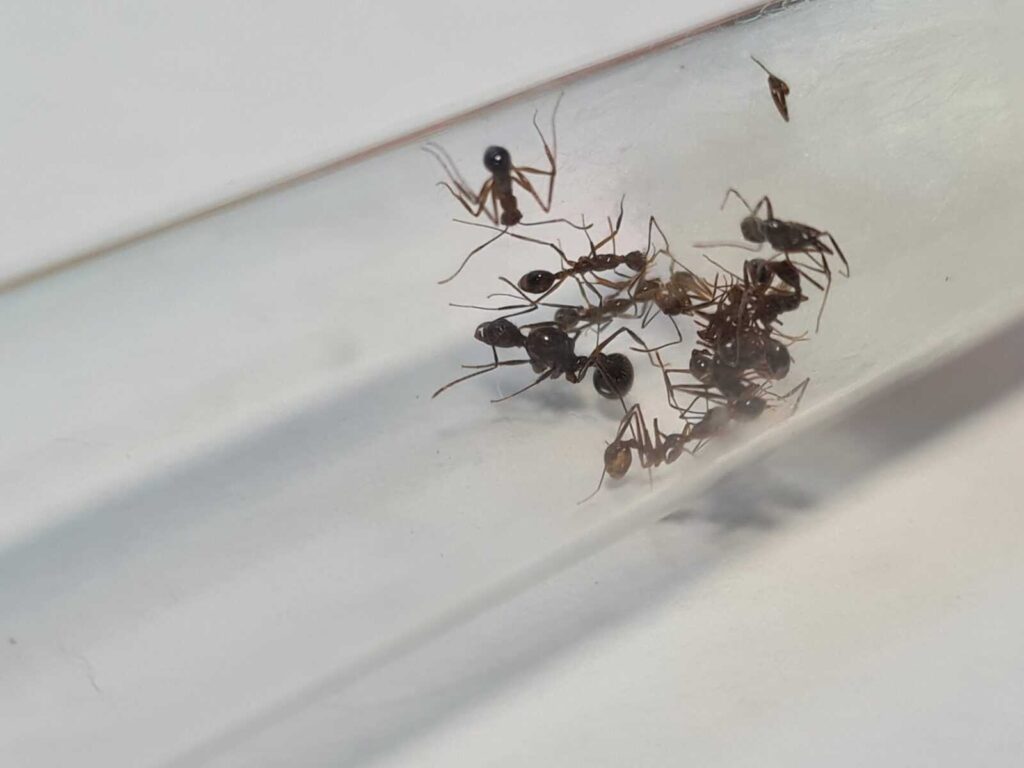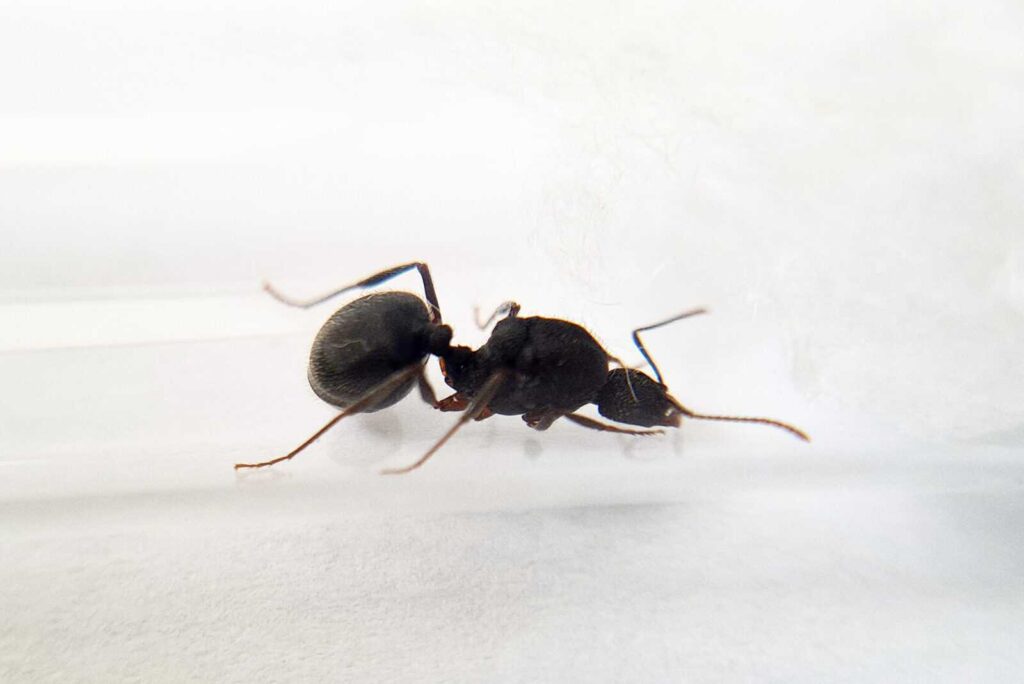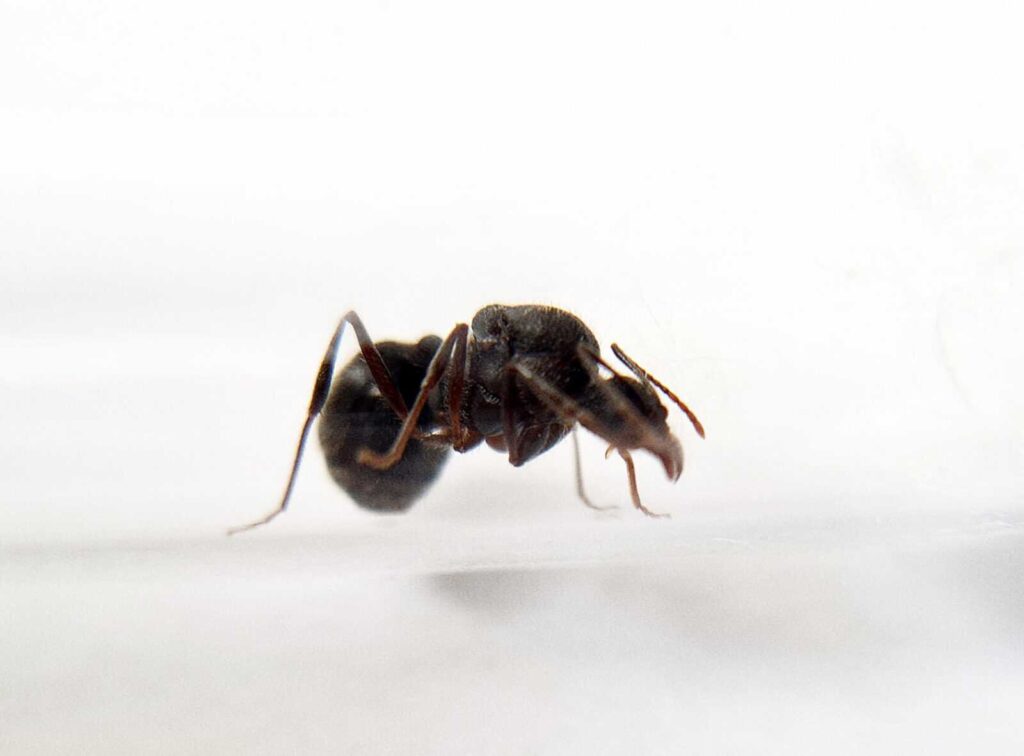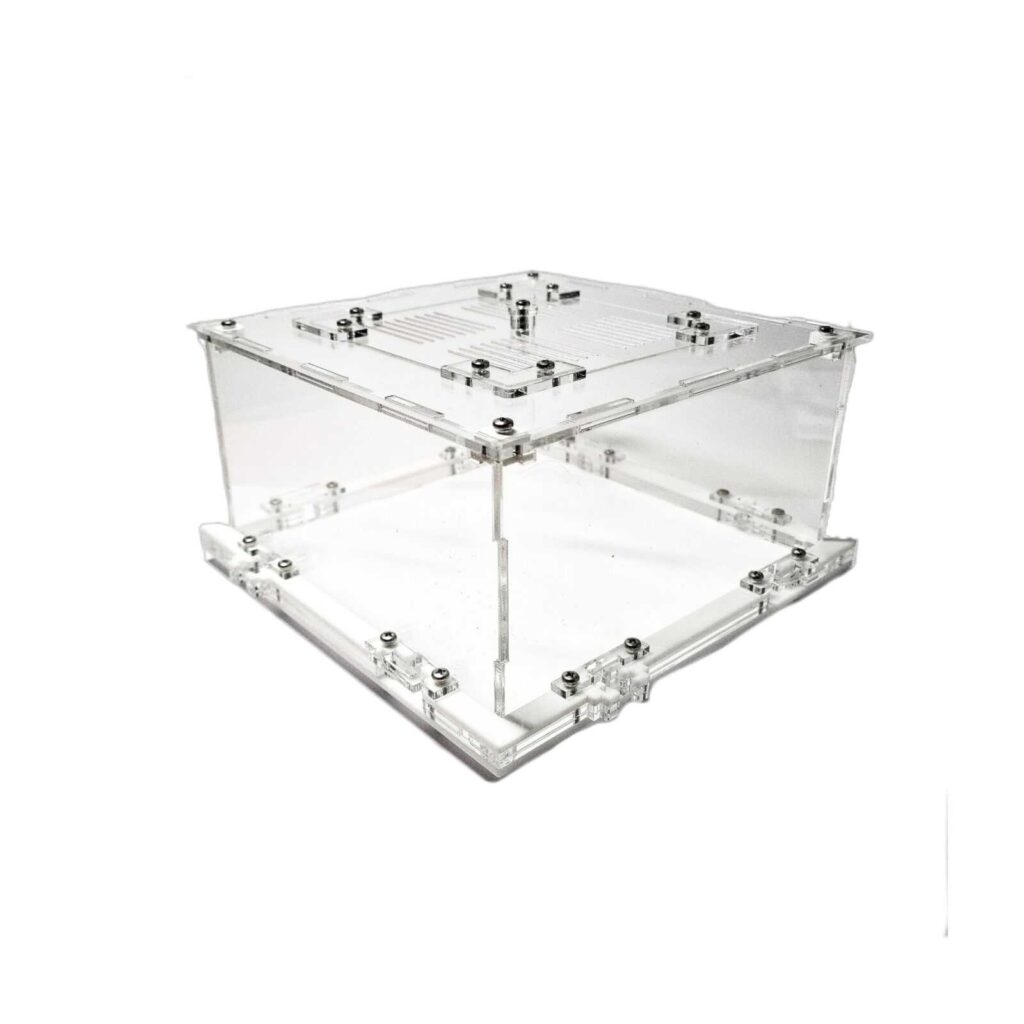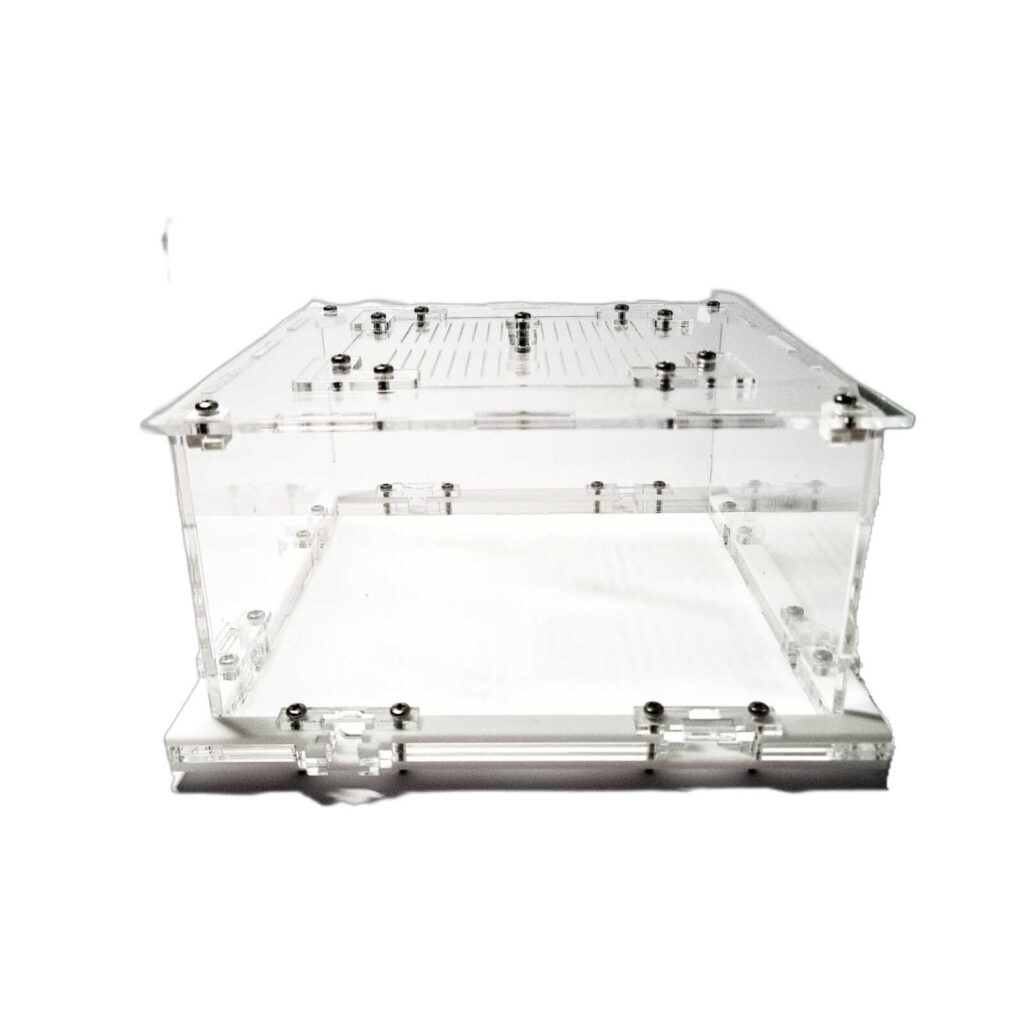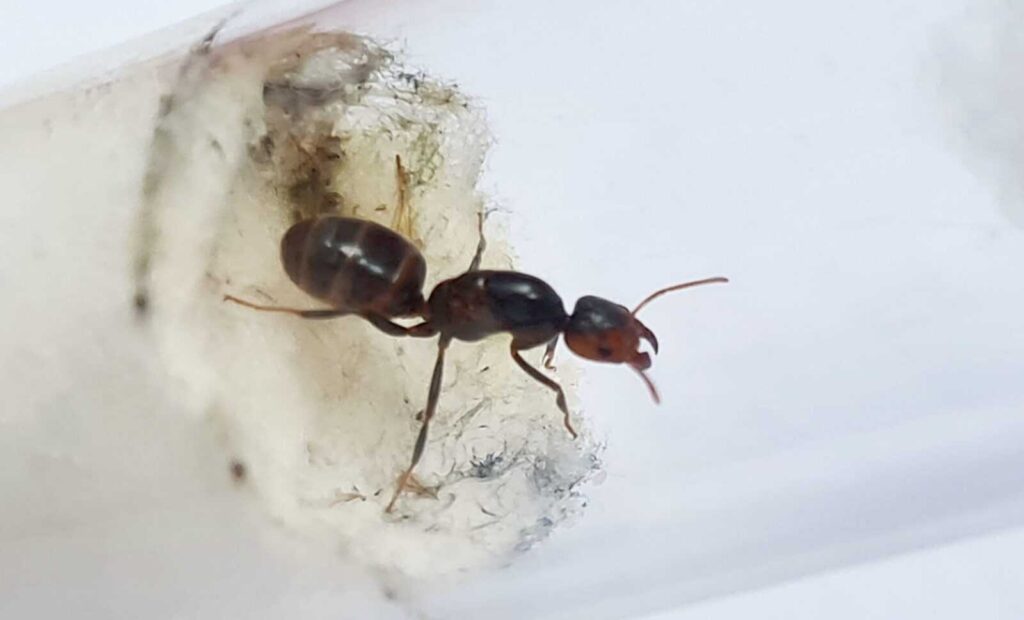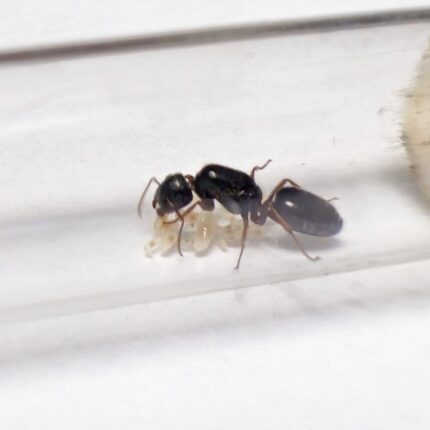
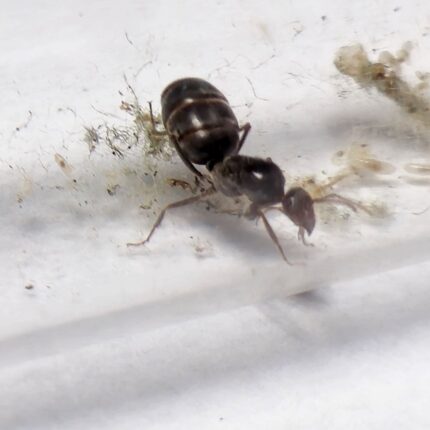
Camponotus dolendus
189,90 zł – 359,90 zł
Worldwide shipping
Free delivery over 500 PLN
The highest quality of goods
Live delivery guarantee
24/7 Personal Support
Fair Prices
Description
Camponotus dolendus is a monogynous ant species with colony sizes reaching up to 8,000–12,000 workers in mature nests. They are known for their moderate to fast development speed, depending on environmental conditions.
Additional information
| Behavior | |
|---|---|
| Difficulty in breeding | |
| Origin | |
| The size of ants | |
| Wintering |
Camponotus dolendus
Colony Type: Monogyny
Colony Size: Up to 10,000 workers
Development Speed: Medium
- Queen: 13–15 mm
- Workers: 5–10 mm
Diet:
- Insect protein: roaches, crickets, mealworms (dead or live, based on colony size)
- Sugar syrup (4:1 ratio – water to honey or sugar)
- Fresh fruits (apple, grape, banana)
- Protein jelly and ant-specific protein supplements
- Cooked, unsalted meats (e.g., chicken or shrimp)
- 100% natural honey
💡 Visit our food section for a complete range of protein and sugar products designed for optimal colony health!
Optimal Conditions:
• Humidity: Arena: 40–60% | Nest: 50–70%
• Temperature: Arena: 23–30 °C | Nest: 22–26 °C
Camponotus dolendus is a sleek and elegant carpenter ant species known for its smooth, dark body and graceful movement. Native to Southeast Asia, this species combines classic Camponotus charm with a slightly more slender and agile build, making them a joy to observe in any ant setup.
These ants are calm, non-aggressive, and ideal for beginner and intermediate keepers alike. Like most Camponotus, they begin slowly, but once established, the colony can grow steadily under stable, warm conditions. Their foraging behavior becomes much more active with a reliable sugar source and routine protein feedings.
Preferred nesting materials include Ytong, acrylic, cork, and plaster, which retain moisture and offer easy viewing. Colonies benefit from gentle lighting and minimal disturbance, especially in early stages.
In summary, Camponotus dolendus is a beautiful and manageable species, ideal for anyone seeking a low-maintenance Camponotus with long-term potential. Their smooth aesthetic and steady development make them a satisfying addition to any collection.


